Trade Unions were formed to conduct strikes against the law wages, long hours of work and abominable conditions. By the end of the 18th century trade unions had began to take root, in the shape of local trade clubs which usually could meet in public houses. These clubs had developed aristocracy among the artisans. Since 1972 trade union activity began to spread among the factory worker. This type of unions among the factory workers put a threat to the rising capitalist employers. As the unions put a constant pressure on the selfish attitude of the factory owners, the latter, en masse, continuously suppressed, oppressed and tortured against the formation of new trade unions and the growth of the already formed trade unions. The scenario of trade union movement all over the world especially in the Asian and the African nations was almost the same. One of the most important functions of present day trade union is collective bargaining. There are three tiers in settling labour dispute between the workers and the employers. These are trade unions (formed by the workers), the management and the government. The objectives of the present book are to identity and assess the impact of trade union activities on production and productivity and on management performances, analyse the development and performance of the movement in Bangladesh for the period 1947-2000 and among others evaluate the socio-economic background of trade union members vis-?-vis their participation in trade union activities as those affect employee minds, attitude, motivation and job satisfaction in jute mills.
Trade Union Movement in Bangladesh
$45.00
$50.00
In stock
Free & Quick Delivery Worldwide
All orders amounting to US$ 50 or more qualify for Free Delivery Worldwide. For orders less than US$ 50, we offer Standard Delivery at $14 per book.
ABOUT THE AUTHOR Anil Bhuimali
Dr. Anil Bhuimali, M.A. (Economics), Ph.D: (Economics) from the University of North Bengal, West Bengal is currently serving the Department of Economics, University of North Bengal as
Reader in Economics. Earlier he was associated with Dinhata College, Cooch Behar College and Acharya Brojendra Nath Seal College, Cooch Behar, West Bengal. After his M.A. he was the Junior Research Fellow of National Cooperative Union of India and University Grant Commission. He was also university Grants Commission Treacher Fellow during 1991-92. His areas of specialization, among others, are Rural Economics, Agricultural Economics, Development Economics, Gender Economics and Gandhian Economics. He has published in his credit, several research papers in reputed journals of economics and social sciences. Her has contributed papers in national and international seminars, workshops and conferences. He is the author of the books Arthanaitik Unnayan O Parisankhyan Bijnan (Joint), International Economics: Theory and Policy (in press). Empowering Women in Education and Employment (Ed.) (in press). He has been the life member of Indian Econometric Society, Indian Society of Gandhian Studies, Indian Association of Women’s Studies, Bangiya Arthaniti Parishad and Balason Society for Improved Environment.
ABOUT THE AUTHOR Kanak Kanti Bagchi
Dr. Kanak Kanti Bagchi (b. 1985) is currently Reader and Head, Department of Economics, North Bengal University, Darjeeling. He got his Masters degree (1980) and Ph. D. degree (1992) in Economics from North Bengal University. He has a wide teaching experience at undergraduate, postgraduate and research levels. He is also supervising research works of students for the award of M. Phil. and Ph. D. degrees. His main fields of interest are Agricultural Economics, Development Economics, Public Economics and Labour Economics. He has written several articles for books, journals, weeklies and dailies. He has written a textbook (with co-author) on Development Economics and Statistics for undergraduate students. He has also presented a number of articles at University, State and National level Workshops, Seminars and Conferences.
ABOUT THE AUTHOR Md. Gholam Kibria
Md. Gholam Kibria, M.Com. (Rajshahi University), Ph.D. (University of North Bengal), is the Associate Professor of Management, Edward College, Pabna, Bangladesh. He has written many articles of international repute in national and international journals of social sciences. He has also written a couple of text books for undergraduate courses. He has presented papers in seminars, workshops and conferences some of which were published in journals and edited books.
reviews
0 in total
Review by Anonymous
Be the first to review “Trade Union Movement in Bangladesh” Cancel reply
You must be logged in to post a review.
Bibliographic information
Title
Trade Union Movement in Bangladesh
Author
Edition
1st ed.
Publisher
ISBN
8183870139
Length
x+270p., Tables; Figures; References; Bibliography; 23cm.
Subjects
tags
#Bangladeshmore by Anil Bhuimali see more
more by Kanak Kanti Bagchi see more
International Migration of Labour: Nature, Trends, Determinants and Consequences
The re-issue of Richard ...
$54.00
$60.00

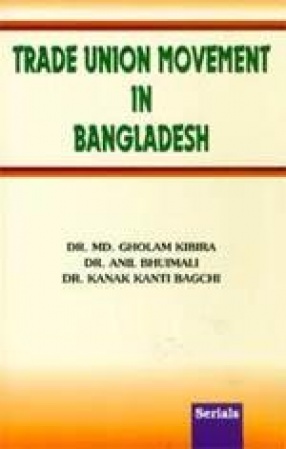
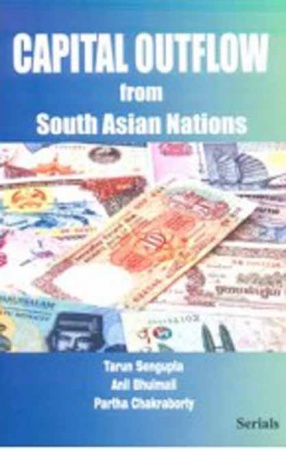
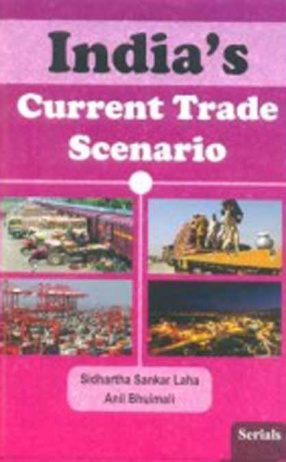
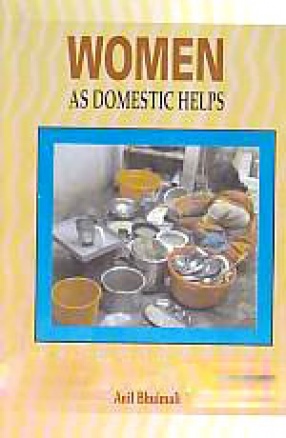
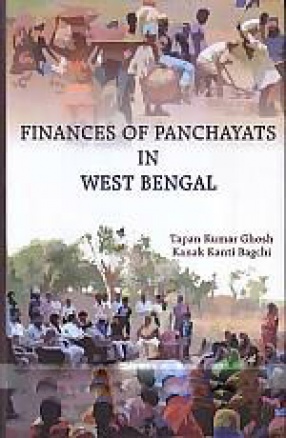
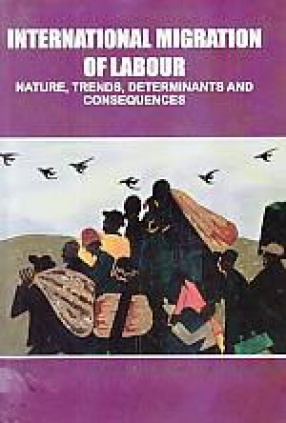
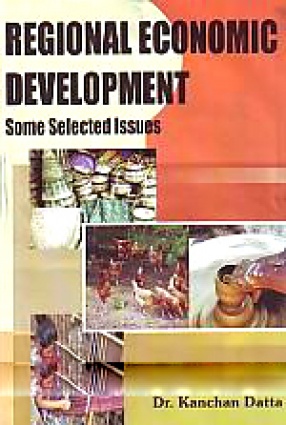
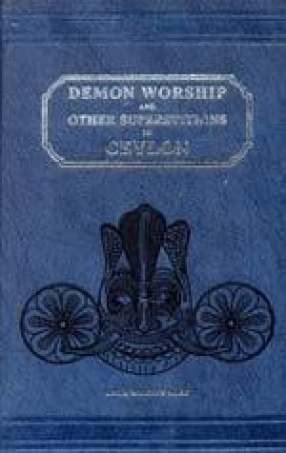
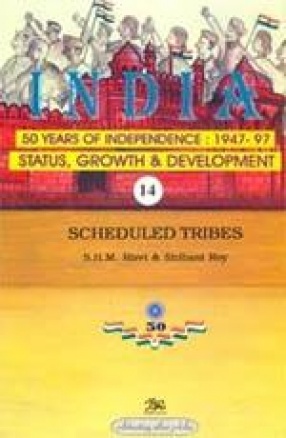
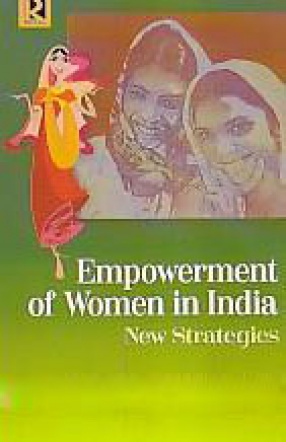
There are no reviews yet.